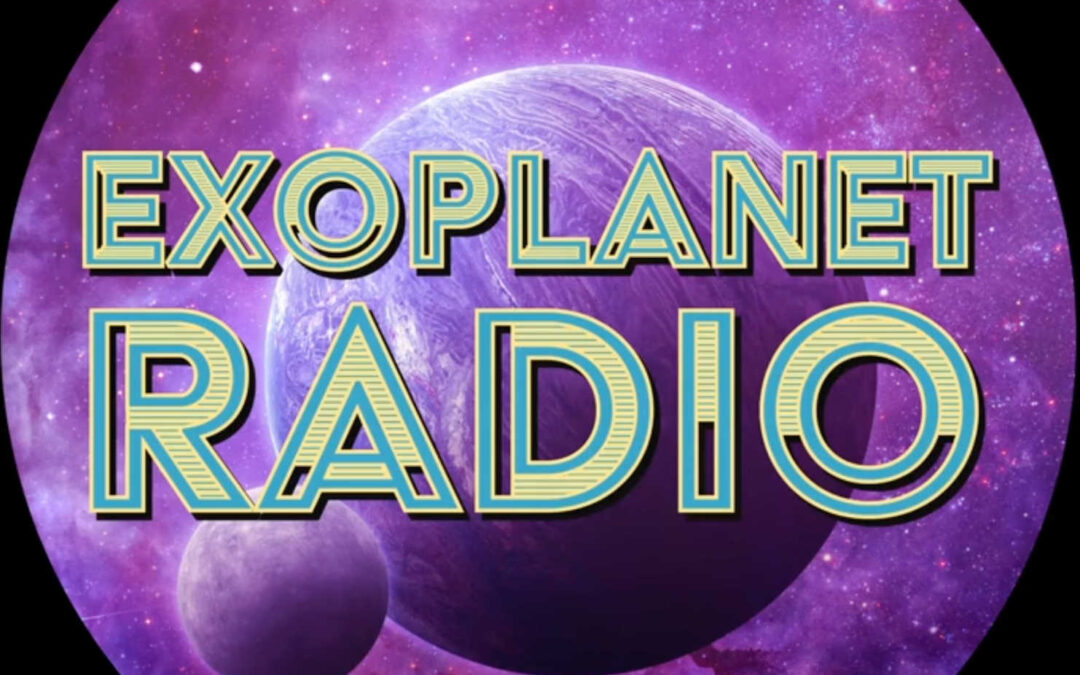


Jul 30th: What is the Universe Expanding Into?

Jul 23rd: HAT-P-67b: The Largest Known Exoplanet
From it size, HAT-P-67 b almost made it to star status but doesn’t have enough mass for nuclear fusion to take place. More at #365DaysOfAstro

Jul 9th: JWST Takes First Direct Image of an Exoplanet
JWST successfully took direct image of a gas giant exoplanet, and that means it has no rocky surface and could not be habitable.

Jun 25th: TRAPPIST-1d: A World on the Edge of Life
Tucked inside a quiet solar system, in the area of sky outlined by the constellation Aquarius, orbits a planet named TRAPPIST-1d, the third of seven planets in a system. More about this planet today with Deep Astronomy

Jun 11th: Direct Imaging Exoplanets In Our Telescopes
There are planets in orbit around stars outside our solar system – and even rogue planets. But finding them is very hard. They are small and dim. But ideally, we’d like to see them directly, in our telescopes. Is that possible?

May 28th: JWST Observes a New Type of Brown Dwarf
Imagine a planet that is so far away from us that it takes 40 years for its light to reach us. Now imagine that this planet has not one, but two stars that it orbits around. And finally, imagine that this planet has clouds made of sand particles that change the brightness of its atmosphere wildly as they move in the air.

May 14th: Life in the Dark: How Moons of Rogue Planets Could Harbor Life
In our galaxy, there are many planets that wander alone in the dark, without a star to orbit. Some of these rogue planets could have moons which remain in tow, and these moons could be more than just cold and barren rocks.

Apr 24th: How Long To Travel to The Closest Exoplanet Proxima Centauri b?
Many people feel that it’s very important for humanity’s long term survival that we become a multiplanet species. But what about traveling to exoplanets? Can we reach the stars?


